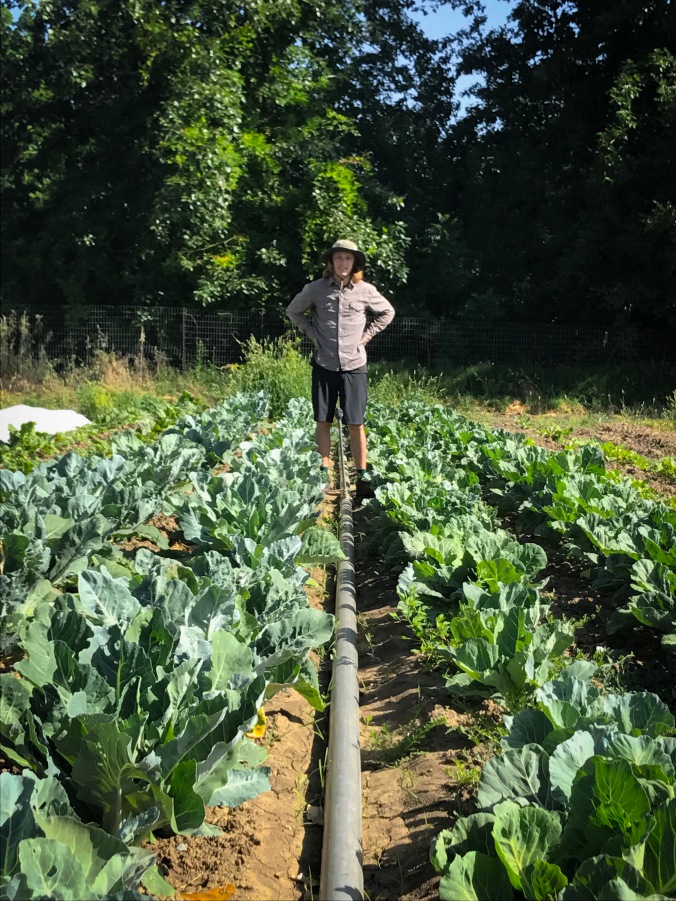September 15th 2017
It’s been awhile since I last updated this blog and I’ve just been swamped with school and work since the quarter started. I’ve just returned to Davis after spending the summer abroad; I learned and experienced so much from backpacking Europe for the first half, and then later worked on a farm in Malaysia.

What did you do this summer dan? “played in chicken poop”
Despite being assigned to a small farm in a rural community, the experience I’ve gained from the fieldwork is a valuable addition to my skill set. Interacting with the local community also helped me understand their thought process and way of life. Some of the assignments I’ve been involved in ranges from trimming lime trees, planting, and transplanting, repurposing and recycling projects, making composts and fertilizers and constructing a chicken/goose coop. My mentor was an old farmer who I always just referred to as “uncle”; he was a very simple yet experienced farmer with about 40 years of farm experience under his belt. It was mostly a field learning experience on the farm with him and we would have great conversations and exchanges during our frequent breaks. He would talk about his vast experience as a farmer while I discussed sustainability and future farming methods.

The landowner mostly planted bananas on the hilly farm
Working on the field in the morning was a wonderful experience. Rising early was a difficult task at first, but I take delight in walking among the seeded rows and being rewarded with witnessing the new lives that have risen to meet the day with a cup of coffee in hand. The ability to work at a craft that requires an understanding of so much – from weather patterns to soil science, the habits and nutritional needs of the animals that will graze the fields and appreciation for repetitive tasks that need to be done daily. There is some beauty to the repetition and approaching it with a calm appreciation; while my hands are busy, my mind is free to observe and calculate to determine what needs to be done next and what will make the farm better.

Took us just a few days to complete the chicken/geese/turkey coop
Some of the initial obstacles I had to face include the different climate and geography in comparison to the student farm in Davis. The difficult part was the need to adapt the knowledge I’ve gained at the student farm and school and applying in an environment with a different local customs, climate, geography and farming techniques. Farming also requires a wide array of skills and knowledge and I felt that I’ve entered agriculture without sufficient necessary skills to be successful. But I realized that the actual growing, as complicated as it is, is only a part of what I needed. There are other useful and necessary skills such as labor management, bookkeeping, equipment maintenance, long-term planning, carpentry, supply chain management and pest management. So many different things farmers need to juggle in contemporary times, and we usually don’t have the resources to hire others who specialize in those skills. I realize it would be useful to obtain this knowledge during my time here in UC Davis and perhaps getting some working experience abroad before returning to Malaysia.










